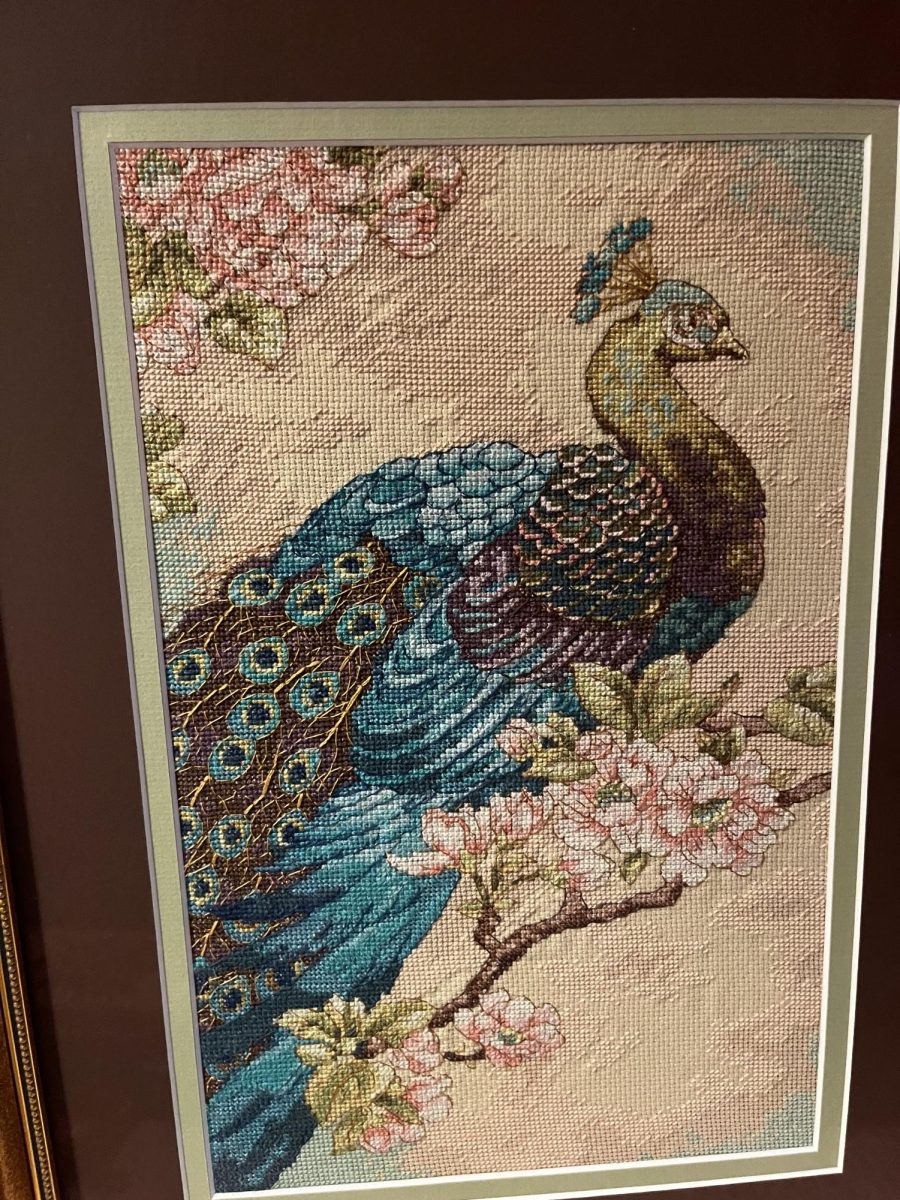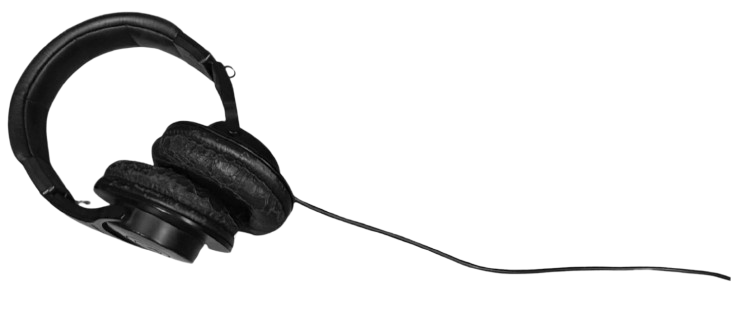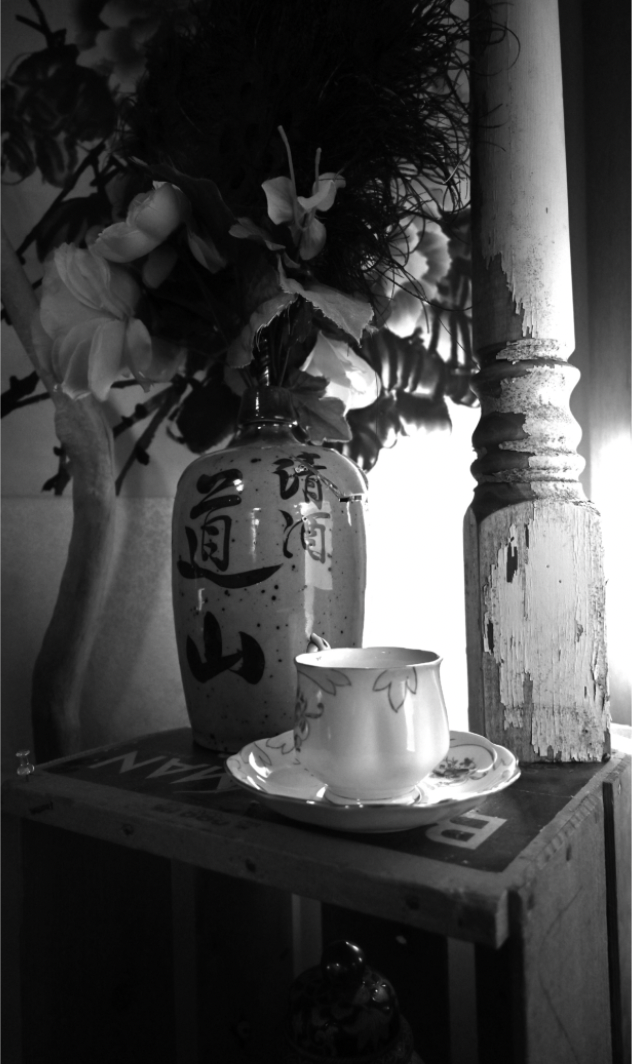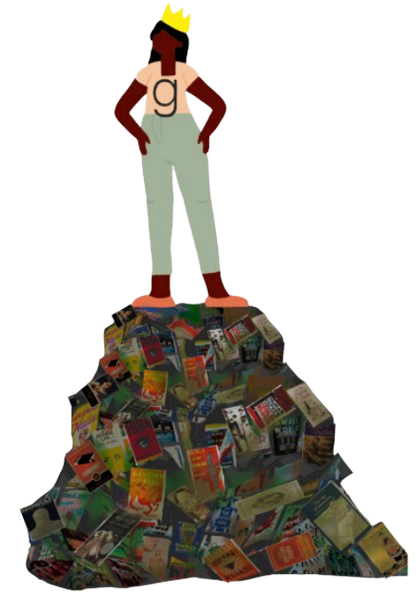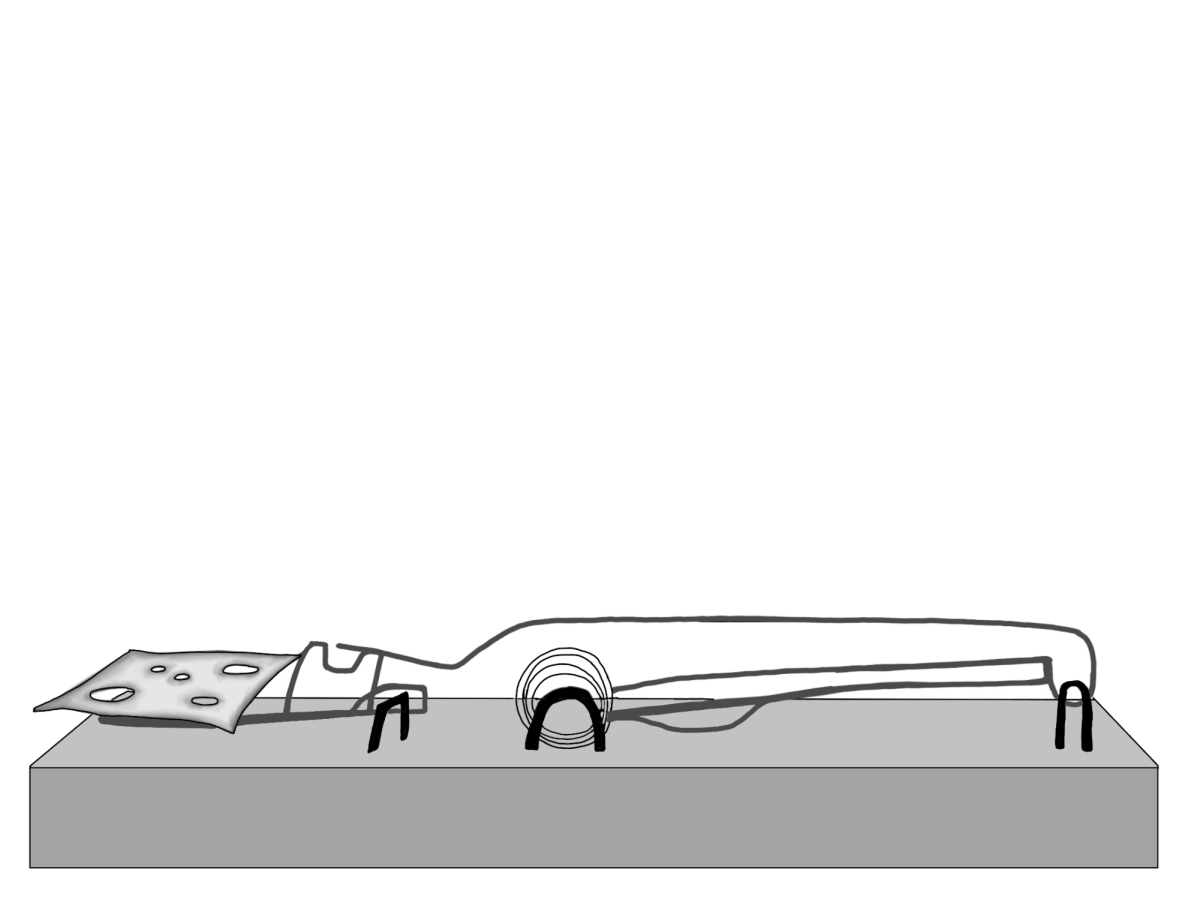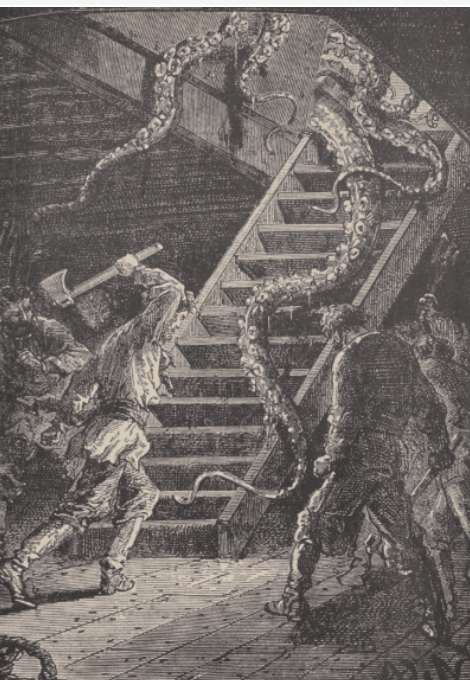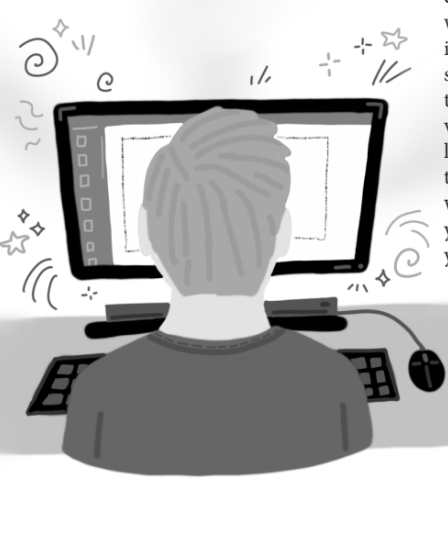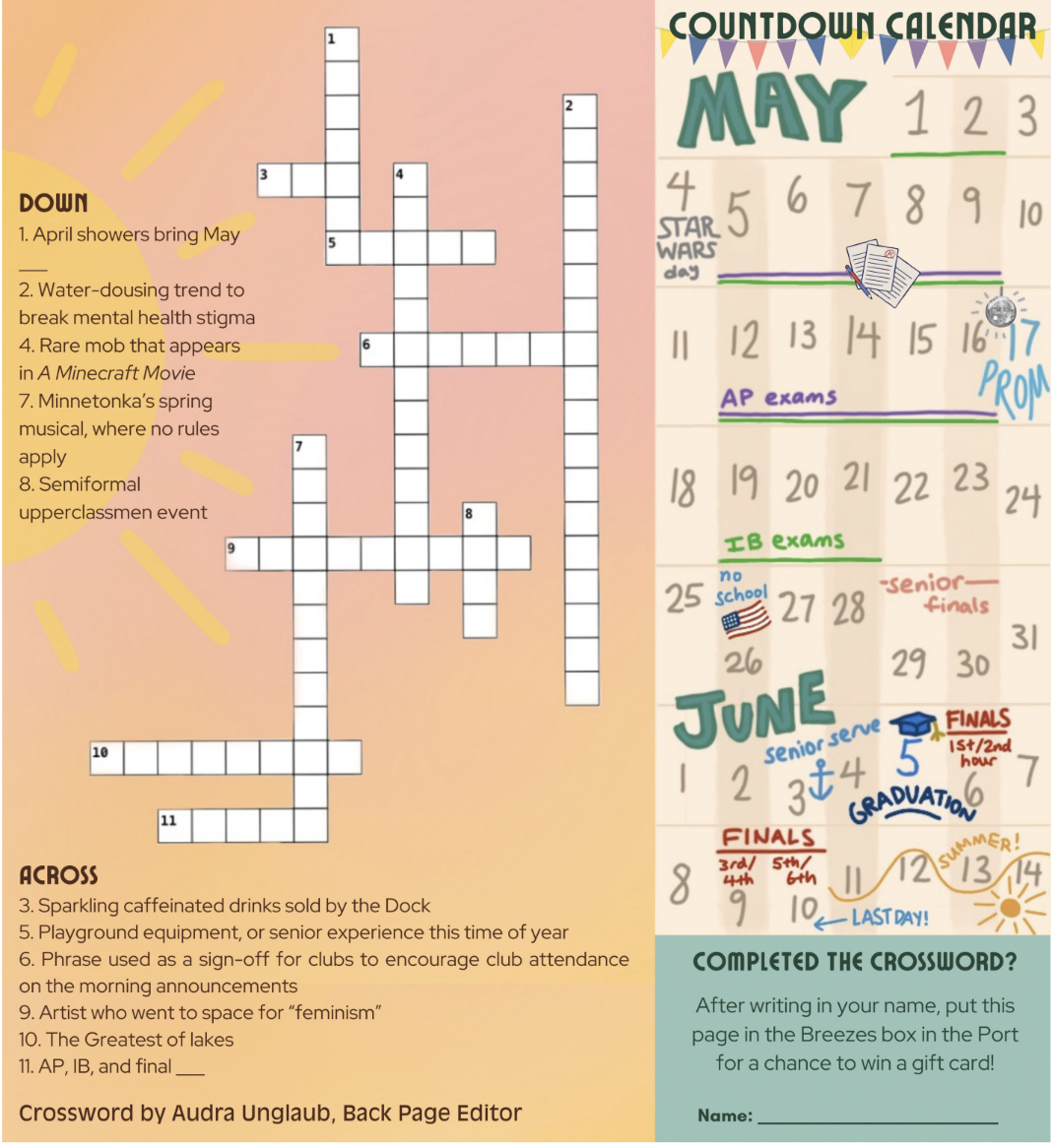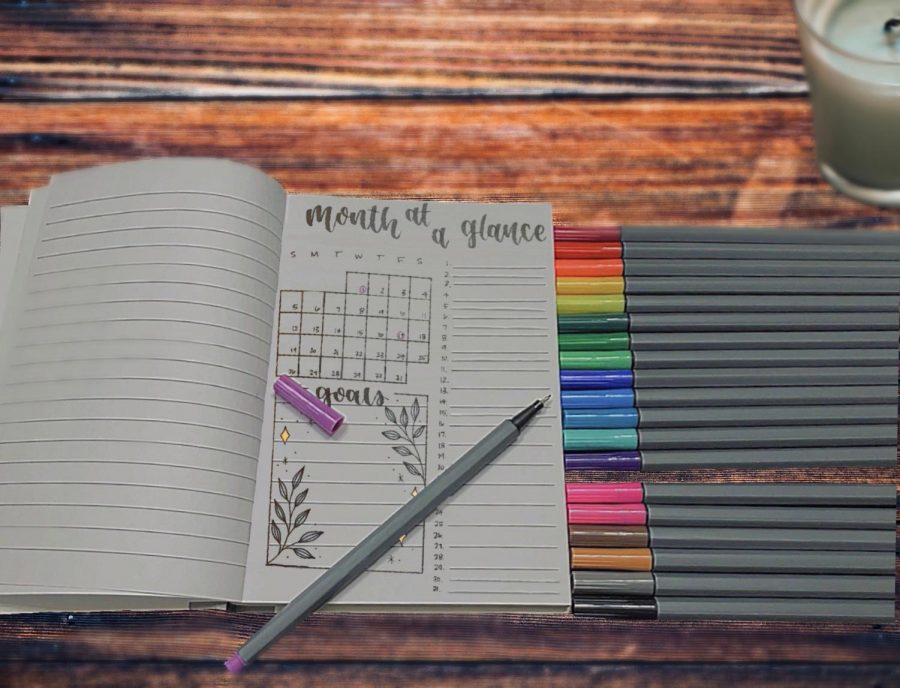All About Journaling
February 12, 2021
The world can be a stressful place right now. With all the current events and pressure of being a high school student, depression and anxiety rates in teenagers are on the rise.
If students are looking for a way to become more organized, cope with stress, and use their creativity, journaling may be the answer.
The University of Rochester Medical Center says that journaling can be an excellent tool in helping your mental health.
Their website stated that “Journaling can help you: manage anxiety, reduce stress and cope with depression”.
There are many different styles and types of journaling, but there isn’t a right or wrong way to journal; it’s all about a person finding what works for them .
Bullet journaling is a common form of journaling amongst teens. Created by Ryder Carroll, bullet journaling is a system that creatively incorporates scheduling, to-dos, reminders and other organizational spreads into one notebook. Bullet journals are also sometimes filled with elaborate hand lettering and drawings, but many people opt to have more simple bullet journals.
Lucy Hiller, ‘23, actively bullet journals.
Hiller said, “[I] started bullet journaling initially as a form of a planner. It helped me work on my time management skills”.
Since starting, she’s made amazing progress. She’s become skilled and often adds paintings and hand lettering work into her journal spreads. She started an Instagram account in 2018 to share her bullet journal work.
She said she started @smujo.bujo “to share a hobby of mine with other people I knew who enjoyed it as well.”
She wanted to share her passion and talents while also inspiring others with similar interests.
Journaling can be as simple as writing a few sentences a day in a notebook, or students can get creative and incorporate fancy drawings and lettering.
Hayley Phelan for The New York Times said, “It can be one of the most useful and cost-effective tools we have to forge a better, more emotionally and mentally healthy life”.
Many people swear by journaling and have associated it with drastic improvements in their lives.
Besides assisting with mental health, journaling has been known to help memory, comprehension, boost IQ and even increase immune system functioning.
If you’re looking to start journaling, Hiller had some advice.
“Journaling shouldn’t be something that you dread doing. It should be something you do to improve yourself. I have always said that if I ever viewed my bujo as a ‘task’ I would quit with the drawing and cater it more towards a planner. Your bujo doesn’t need to be fancy; it needs to be something that works for you,” she said.
Any interested students should give journaling a try and see how it can positively impact their lives for the better.

